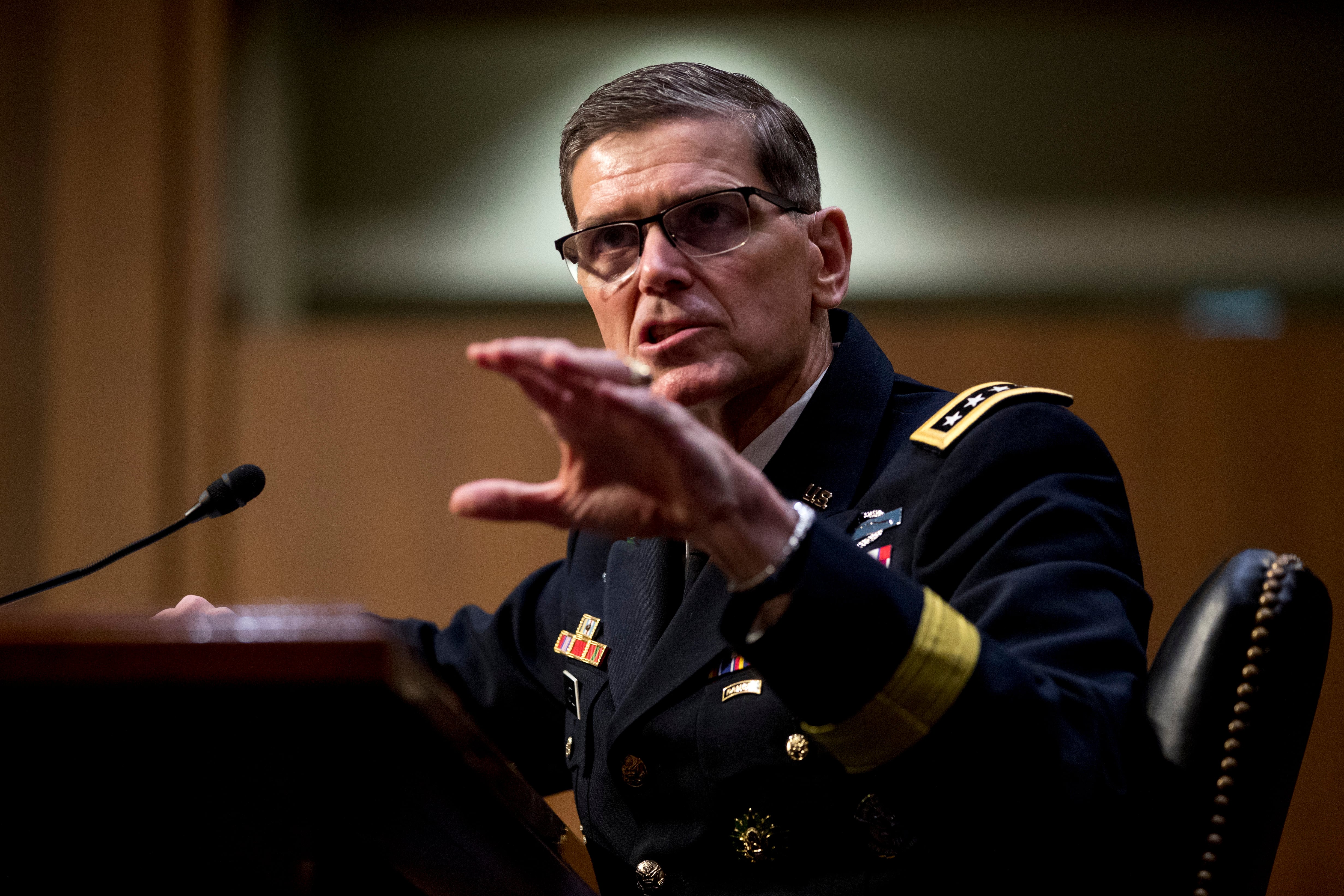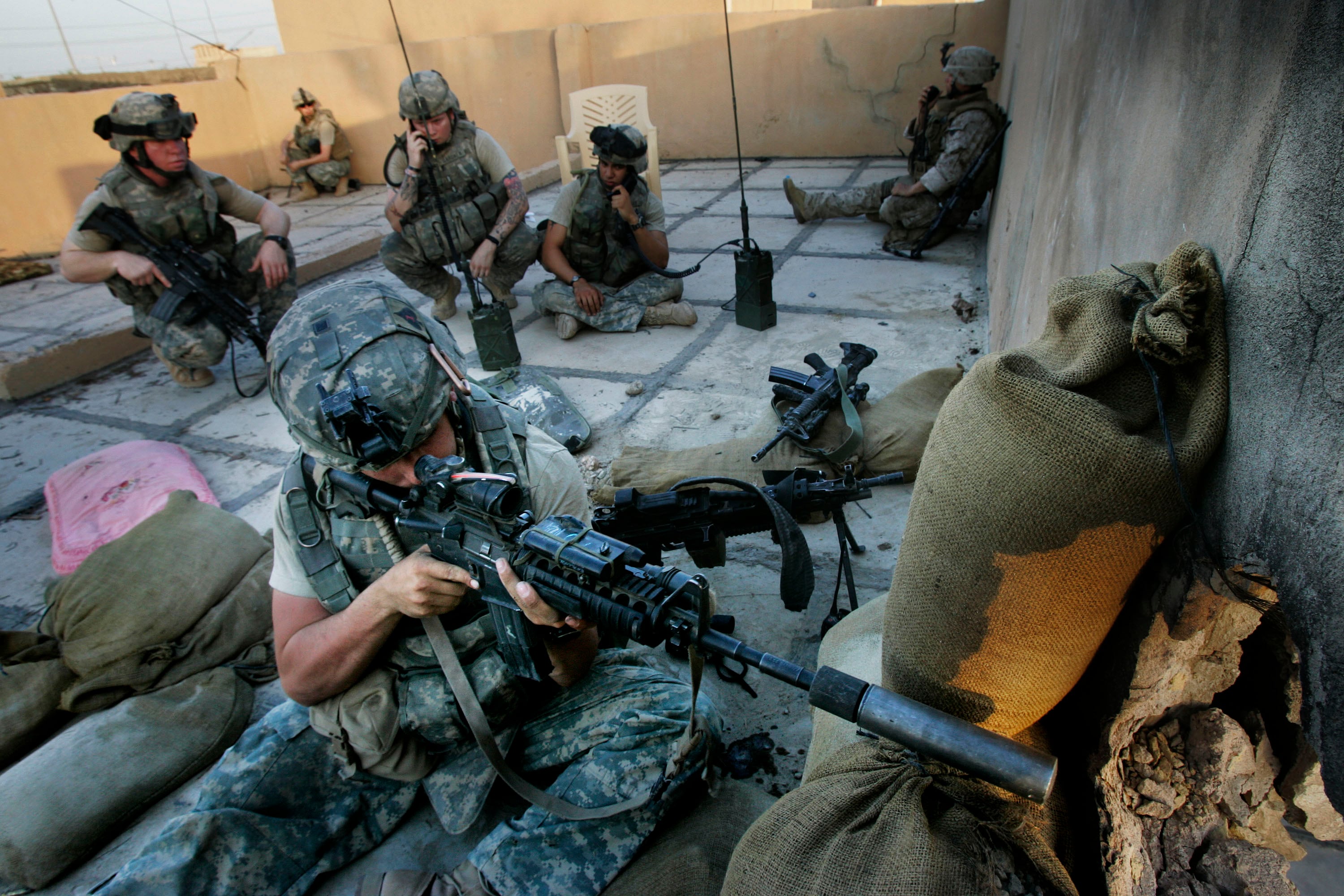BAGHDAD — Acting Defense Secretary Patrick Shanahan arrived in Baghdad Tuesday with questions lingering as to whether President Donald Trump’s comments on using Iraq as a staging area to monitor Iran had hampered potential plans to relocate U.S. forces from Syria there.
It was Shanahan’s first trip to Iraq, and took place just prior to key defense meetings with NATO and then in Munich, where he will meet with allied contributors in the fight against the Islamic State.
While on the ground, Shanahan met with senior U.S. military commanders, including Operation Inherent Resolve commander Lt. Gen. Paul LaCamera and, importantly, new Iraqi Prime Minister Adil Abdul-Mahdi.
Abdul-Mahdi’s connections to forces who previously fought against U.S. troops during Operation Iraqi Freedom and his government’s current ties to Iran have highlighted the sensitivities of a permanent U.S. presence in Iraq.
RELATED

In an briefing with reporters after his visit, Shanahan said he focused on Iraq’s sovereignty, and on what the U.S. can contribute to continue to strengthen it’s military capabilities. In a nod to the political sensitivities of relocating U.S. forces from Syria into Iraq, Shanahan said the relocation issue was not brought up. He did not, however, rule out Iraq as an option as the U.S. looks to reposition those 2,000 forces from Syria. .
Earlier this month, President Trump suggested that al-Asad Air Base — a sprawling complex U.S. forces used to help rebuild Iraq’s military and as a staging base to help Iraq retake territory claimed by the Islamic State — could be used to house the 2,000 forces he announced would be pulled from Syria.
RELATED

Those relocated troops would be in addition to the 5,200 forces currently deployed to train Iraqi forces and to ensure ISIS does not make a comeback.
While the U.S. presence in Iraq to assist in operations against ISIS has Iraqi government support, Trump suggested that a key advantage of pulling the Syria-based U.S. troops into Iraq could be to monitor Iran, which generated immediate blowback.
Abbas Kadhim, director of the Iraqi Initiative at the Atlantic Council, said the 2005 Iraqi constitution that the U.S. helped craft actually forbids Iraq from supporting any activity that could be seen as belligerent by its neighbors, to include hosting foreign forces to counter Iran.
"That was not helpful to make a statement like that,” Kadhim said. “The presence of U.S. forces is not unanimously accepted.”
Those additional 2,000 forces could potentially be accepted if it is understood they are only there to counter ISIS in Syria, he said.
Tara Copp is a Pentagon correspondent for the Associated Press. She was previously Pentagon bureau chief for Sightline Media Group.





